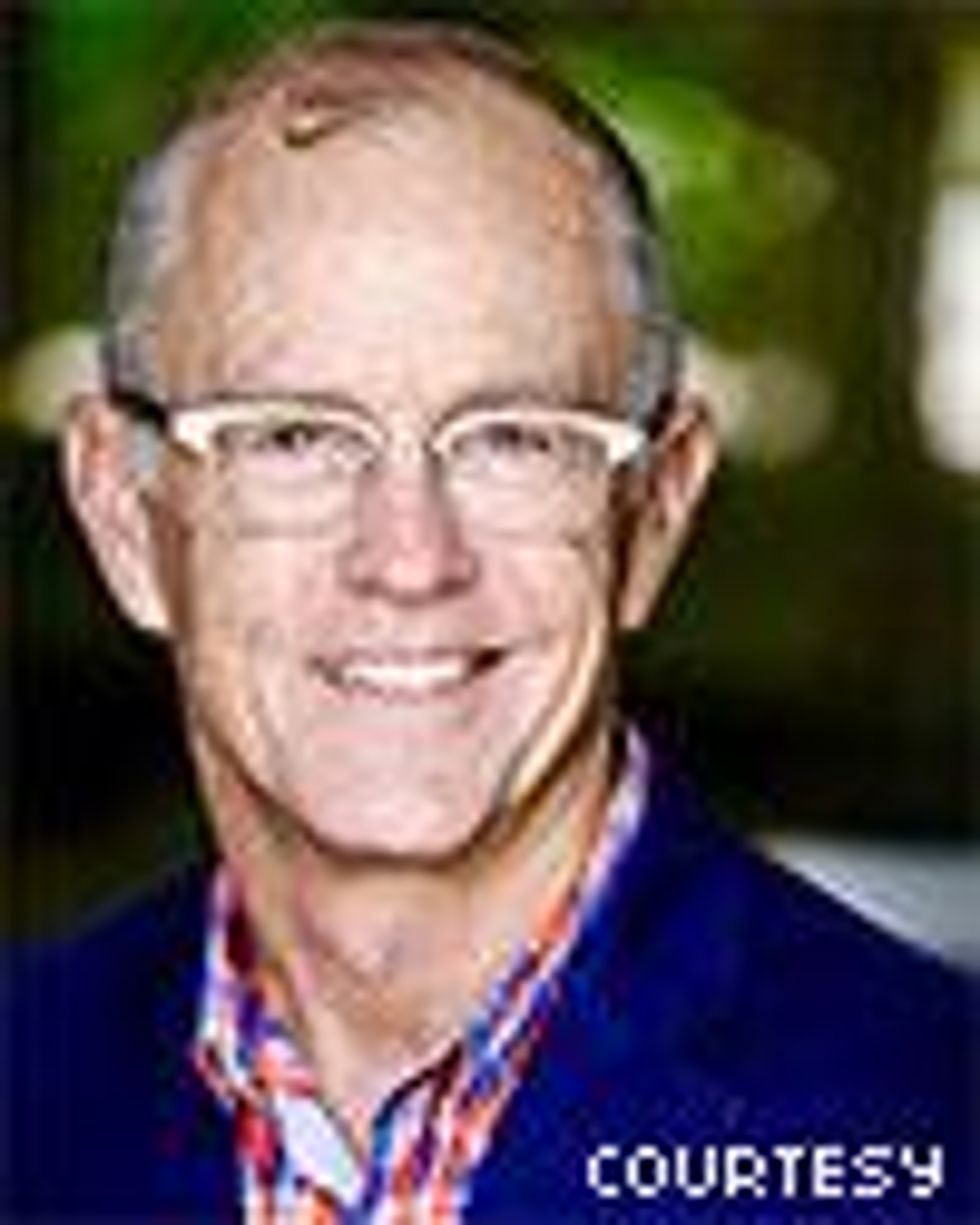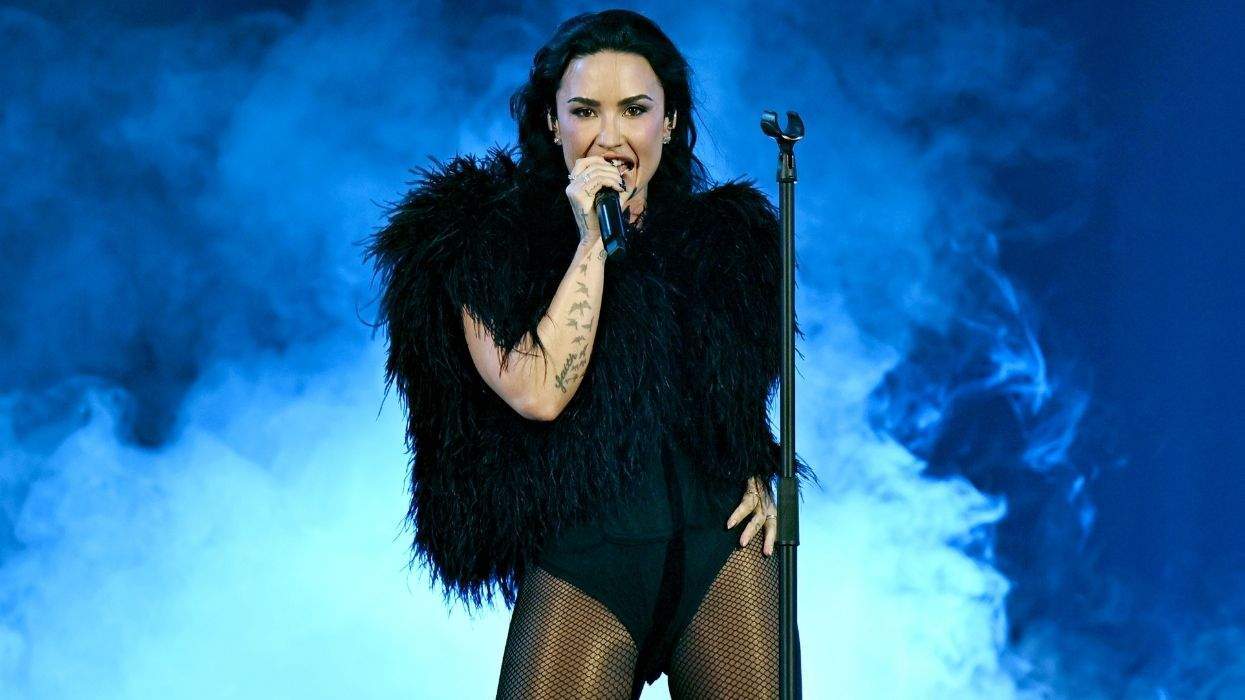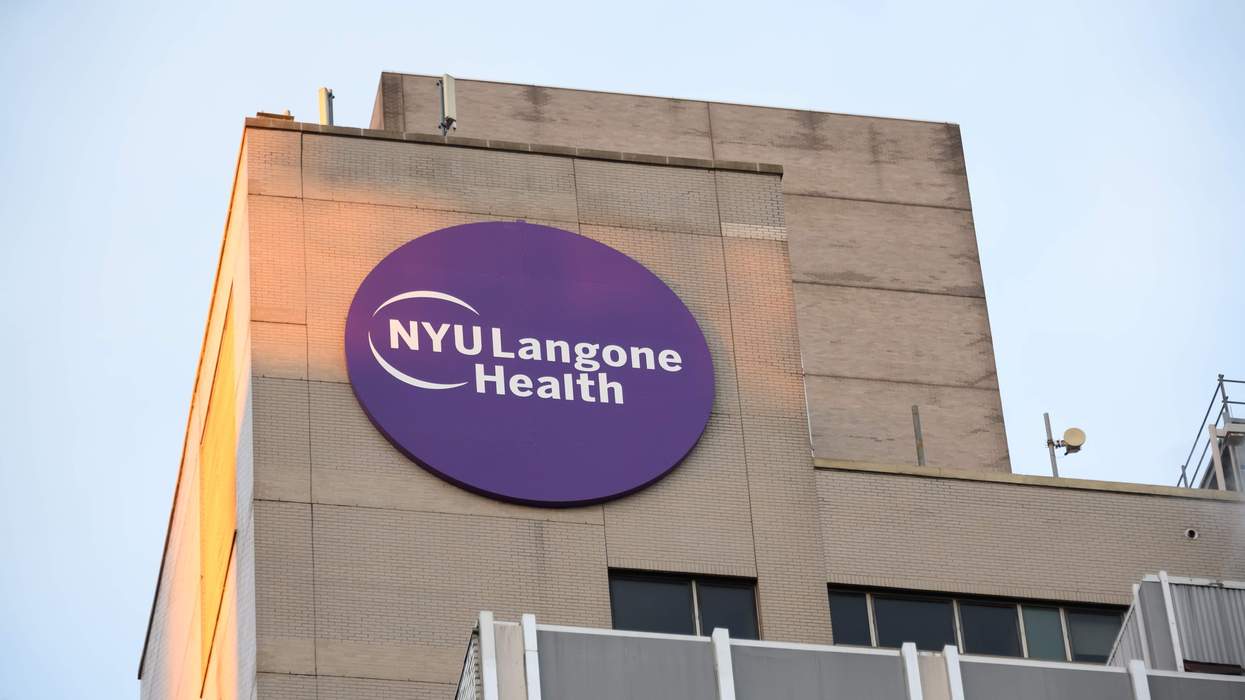Three years ago, I conceived of a project that was very simple in nature and yet had never been attempted: I wanted to crisscross America and record hi-def, on-camera interviews with LGBTQ elders and pioneers. When this project was still nothing more than an idea, a publisher contacted me to ask if I would be interested in turning our on-camera interviews into a book. Undaunted by the fact I hadn't actually recorded any interviews yet, I immediately said yes. The 50th anniversary of Stonewall was three years away. I knew it would be a perfect time to celebrate our history, and the people who helped our community to travel so far.
Today, that project has a name: OUTWORDS. And the book has a title: The Book of Pride. Seventy-five inspiring, compelling interviews with LGBTQ pioneers all over America -- just in time for #Stonewall50.
But in the back of my mind, and many others, lurks a question: Are we short-changing our community, our movement, and our profoundly complex history by focusing so much attention on the 50th anniversary of one solitary event, no matter how inspiring it was at the time?
The answer is, it depends on what we're focusing on.
If we focus on the Stonewall riots as "the shot heard around the world" that materialized the movement for LGBTQ rights out of thin air, we're erasing critical moments in our history. We're overlooking pre-Stonewall uprisings at places like Cooper Do-nuts in downtown Los Angeles, the Black Cat in Los Angeles' Silver Lake neighborhood, and Compton's Cafeteria in San Francisco. We're forgetting organized, orderly protests during the mid-1960s at places like Philadelphia's Independence Hall, the Pentagon, and even the White House.
So why are these moments mostly forgotten while almost everyone, it seems, has heard of Stonewall?
The reality is, the Stonewall riots were unique. They occurred at a profoundly turbulent time in our history. To wit: a year before Stonewall, riots broke out in more than 100 cities across the country following the assassination of Dr. Martin Luther King, Jr. Upheaval and change permeated the air, which helps explain why, after Stonewall, there seemed to be no turning back for LGBTQ liberation. One year after the riots, the first documented Pride marches took place in New York City and elsewhere, which have now become an important part of our tradition and our history.
Just as importantly, in the aftermath of Stonewall, two key gay, yet distinct, liberation groups emerged: the Gay Liberation Front (GLF) and the Gay Activists Alliance (GAA). The GLF was broad-based, actively seeking alliances with other radical groups such as the Black Panthers. Their meetings were anarchic. One OUTWORDS interviewee, Karla Jay, recalls banging a baseball bat against water pipes to try and bring order to a particularly uproarious meeting.
The GAA was created in response to the chaotic GLF. GAA meetings were run according to Robert's Rules of Order. What's more, the GAA made the decision to focus solely on advancing the rights of gay men and lesbians. They believed this was the only path to success.
The Book of Pride includes interviews with people from both the GLF and the GAA. Nearly 50 years after the fact, these pioneering activists -- now mostly in their '70s and '80s -- still get a little contentious and even snarky when talking about how their group was right and the other group was wrong.
And where was I when all this was going on?
I was ten years old: a sheltered, lonely kid living in Santa Monica, Calif. On some level, I knew I was gay. I already experienced my first crushes on other boys at school. It would be another six years before I confessed to another guy in my church youth group about a feeling ("I think I'm gay"), which was also tantamount to saying, "I think I'm doomed."
Did I have any idea of the brave, determined, opinionated, and angry individuals who were developing a set of strategies to move the realities of same-sex attraction, as well as bisexuality and transgender lives, from the stultifying shadows into open air?
Did I know that the opportunity to meet and interview a rich, wildly diverse cross-section of these pioneers some 50 years later would radically reshape my relationship to the queer community -- and give me a sense of true, profound pride in our history that I had never before experienced?
I had no idea. But if someone had sat me down and explained what was going on in the world east of the 405 freeway, I think my ears would pop up. I might even have celebrated. I would have known, on some level, that these people were paving the way for me to come out in my 20s, to begin volunteering for queer causes in my 30s, to meet and marry my husband in my 40s, and to launch OUTWORDS in my 50s.
I would have felt a little less lonely because I would have known I was part of something much bigger than myself. I was connected to the power of the human spirit to cry for, pursue and create freedom where it previously did not exist.
As we remember and celebrate what happened at Stonewall, it's critically important to remember that we have advanced as far as we have not because everyone agreed on strategies and tactics, but because there was a rich, contentious brew of ideas at work, and out of those hotly-debated ideas, something strong emerged. A movement strong enough to survive an epidemic. A movement strong enough to secure monumental legal victories before the highest court in the land. And, a movement strong enough to endure for as long as our lives depend on it.
















Charlie Kirk DID say stoning gay people was the 'perfect law' — and these other heinous quotes
These are some of his worst comments about LGBTQ+ people made by Charlie Kirk.